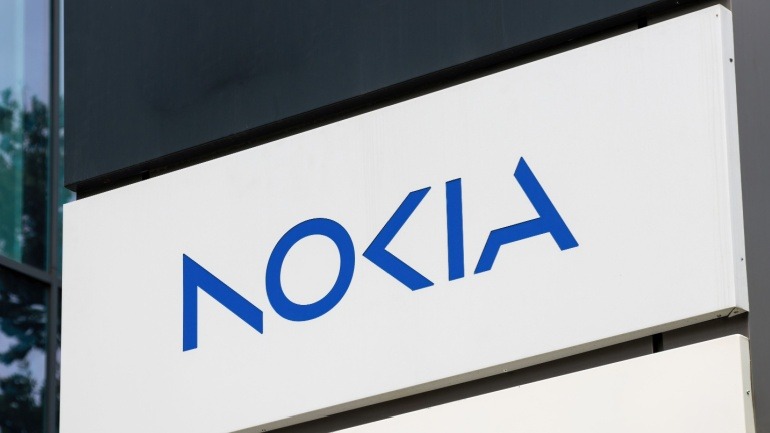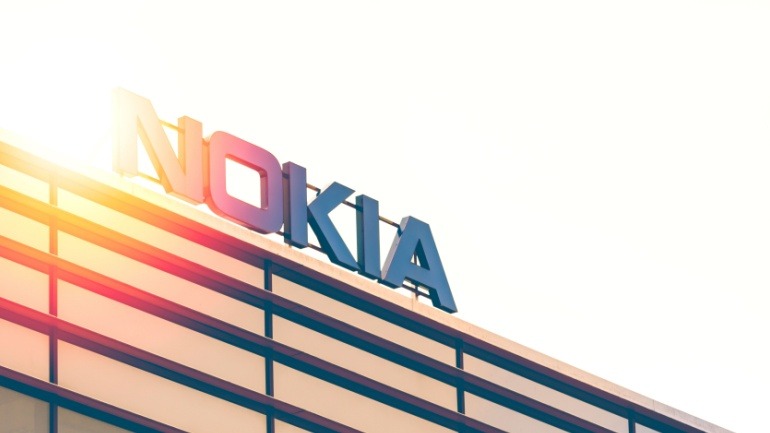Nokia Focuses on Specialized AI for Telecoms, Enhancing Accuracy and Efficiency
At MWC 2024, Nokia highlighted its development of specialized, private language models aimed at the telecom sector to address specific needs and enhance network operations. Moving beyond the generalist approach of platforms like Chat GPT, Nokia is creating AI solutions tailored to understand its products and customer environments with greater accuracy. These models are designed for internal use and as customer products, focusing on automation, service provisioning, and operational optimization. This approach reflects a broader industry trend towards private models trained on proprietary data, promising more relevant applications and efficiency in AI deployments. Additionally, Nokia envisions AI playing a crucial role in the future of network development and operation, potentially making the deployment and management of 6G networks fundamentally different from 5G, with benefits like optimized performance and reduced energy consumption.
Global Coalition Endorses Principles for Secure 6G
A coalition of 10 governments, including the US, UK, Australia, Canada, and several European and Asian countries, has agreed on a set of principles aimed at guiding the development of secure and resilient 6G networks. This move is seen as a step to exclude Chinese tech giants like Huawei and ZTE from future 6G infrastructure, under the guise of national security and the need for cybersecurity. The principles focus on security, privacy, interoperability, affordability, sustainability, and supply chain resilience. The alliance encourages other nations to adopt these guidelines, positioning them as crucial for a secure, inclusive, and sustainable technological future, while implicitly challenging the trustworthiness of 6G technology from China.
IBM and GSMA Launch AI Training Initiative to Bridge Skills Gap in Telecom Industry
IBM, in collaboration with the GSMA, has launched an AI Training and skills development initiative to address the emerging ‘AI gap’ between large and small telecom operators. Unveiled at MWC 2024, the program aims to equip telecom leaders with the knowledge and skills necessary for the AI era, leveraging IBM’s watsonx platform. The initiative includes the GSMA Advance’s AI Training program and the GSMA Foundry Generative AI program, offering courses at IBM offices worldwide and an online program in multiple languages. IBM’s initiative seeks to prevent an adoption gap by educating executives, especially from smaller operators and emerging markets, about generative AI’s potential, strategic considerations, and technical architecture choices. This effort is viewed as a crucial step towards enabling telecom firms to explore new revenue streams and recoup investments, particularly in the 5G space, by harnessing the creative potential of AI.
Qualcomm Unveils Snapdragon X80 for 5G-Advanced, Boosting Connectivity and AI Capabilities
Qualcomm has announced the Snapdragon X80, its latest modem chip, marking a significant step towards the introduction of 5G-Advanced smartphones. The X80, described as ‘Release 18-ready,’ integrates support for NB-NTN and a six-antenna architecture, enhancing connectivity and data speeds. It’s capable of achieving up to 10 Gbps downlink speeds and introduces carrier aggregation (CA) with support for up to six component carriers (6CC). This innovation addresses the current absence of devices capable of utilizing 6CC CA, promising to enhance user experiences with faster speeds and improved network efficiency. Qualcomm aims to launch the first Snapdragon X80-powered devices in the latter half of the year, targeting a wide range of applications from smartphones to industrial IoT. With advanced AI capabilities for improved performance and efficiency, Qualcomm solidifies its leadership in the modem technology space, despite facing competition from companies like MediaTek, Samsung, and Apple.







